-
When you click on links to various merchants on this site and make a purchase, this can result in this site earning a commission. Affiliate programs and affiliations include, but are not limited to, the eBay Partner Network.
-
Posts
1,314 -
Joined
-
Last visited
-
Days Won
4
Content Type
Profiles
Forums
NGC Journals
Gallery
Events
Store
Downloads
Posts posted by Afterword
-
-
"If this coin actually fetches 10k then the next few to surface will pull that price down so fast you will go what the........"
If so, it is because there is now more than just one - not because the first one had flaws. If the second one has the same flaws as the first it would fetch less than if it did not, and if it did not it might very well match or even exceed the realized price for the first coin. Quality will be recognized and compensated accordingly.
-
"Unfortunately coinman is right on the mark. Price guides do reflect mostly auction results unless dealers report local sales."
Did I say otherwise?
"I once talked to a consignor at Heritage about selling some cameo Franklins and was given grim expectations on results. He referred me to past auction results of 550 at low end to 1350 on high end for a particular coin. Because I paid 1900 I decided to consign back to the original dealer I purchased from and after a few weeks it sold for 1800."
It sounds to me like you paid an inflated price for a coin from a dealer and then had the dealer sell it for you at an inflated price to someone else at a loss to you.
Would you not have been better off buying such a coin at Heritage in the first place?
-
"Imagine that two have imperfections and appear at auction, and then a third example appears without the distractions. Given that the other examples that have sold at auction had defects and provide the only pricing records, do you not think that the defective coins would artificially lower the price expectation of the good coin(s)?"
Is there not always lesser quality within any given grade of coin? Is that not why there is always a wide range of prices realized for the same type of coin in the same grade?
Assuming your statement below is correct, which I have my doubts, would there not still be enough knowledgeable/experienced collectors to compete for the superior example and realize an appropriate price?
"Most collectors look at auction records superficially without looking at the substance of the coin that sold."
This is a grim review of the numismatic community. I hope you are wrong.
I am not attacking you - just seeking clarification.
-
Is the dime in the opening post an MS-68? Why do Franklins appear to be graded so generously? Does strike affect grade? Does one quality of a coin outweigh another?
These are just some of the questions presented in this thread. None of which have been answered adequately.
There are many unknowns and uncertainties. Exciting, is it not?
-
I would think at higher grades such as this special oversight to prevent over-grading would be in place. The TPGs would certainly be aware that these higher grades would draw more stringent scrutiny.
Perhaps the coin in question possesses sufficient superior qualities to override the flaws everyone is focusing on. If you took away these flaws would it make the coin a more acceptable MS-68 or, to the graders at least, an MS-69?
What is the most important quality that a coin can possess in terms of determining grade and how much influence does it have on the grade compared to other qualities that a coin possesses? Perhaps eye-appeal is not at the top of that list.
-
And so the name-calling begins. How disappointing.
You are all a bunch of snot-noses! Now I will run around the playground while everyone chases me.
-
-
Nice coins!
-
"The point where a coin's having been circulated drops it below other less eye appealing coins has always been arbitrary."
I do not believe eye appeal should be part of the grading equation. Although I do not believe there is any way to avoid it.
-
"When you have huge increases in prices for the next grade up and there is a recognition in the industry that there are + coins and A,B, C coins for the grade, there must be some way to accurately price such coins other the subjective opinion of the person selling the coin."
There is - the subjective opinion of the person considering the purchase of the coin. The result you get from these two dynamics is as accurate as you are going to get.
-
The + does nothing but give collectors another opinion to agree or disagree with. CAC does this as well, but it also gives the TPGs incentive to tighten their standards (as much as this is possible). Having more credible TPGs to compete among themselves would produce the same tightening of standards.
The more precision you attempt to apply to the subjective the more subjective it becomes. If a 100 point system were implemented it would only be a matter of time before someone would suggest a 150 point system for the very same reasons the 100 point system was advocated.
-
If collectors accepted the TPGs determinations as gospel the 100 point system would work perfectly, but then so would the 70 point system. The problem is our inability to accept the opinion we pay for, unless it happens to agree with our own.
And the problem is not really that detrimental. Considering the subjective nature of grading the 70 point system works pretty well - perhaps as well as can be expected.
-
-
-
-
Nice coins all!
-
-
-
-
Nice colors!
-
-
-
Thanks, leeg. Nice Washingtons all around!
-



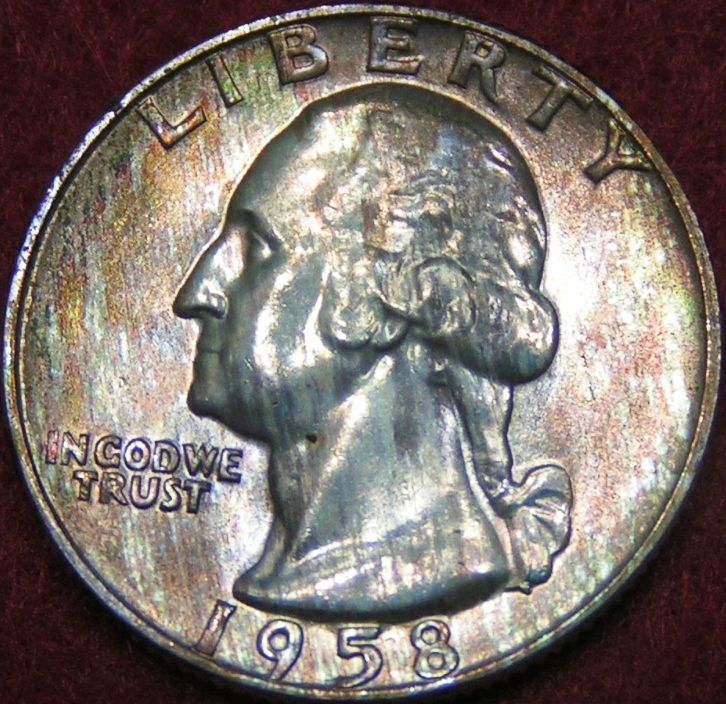
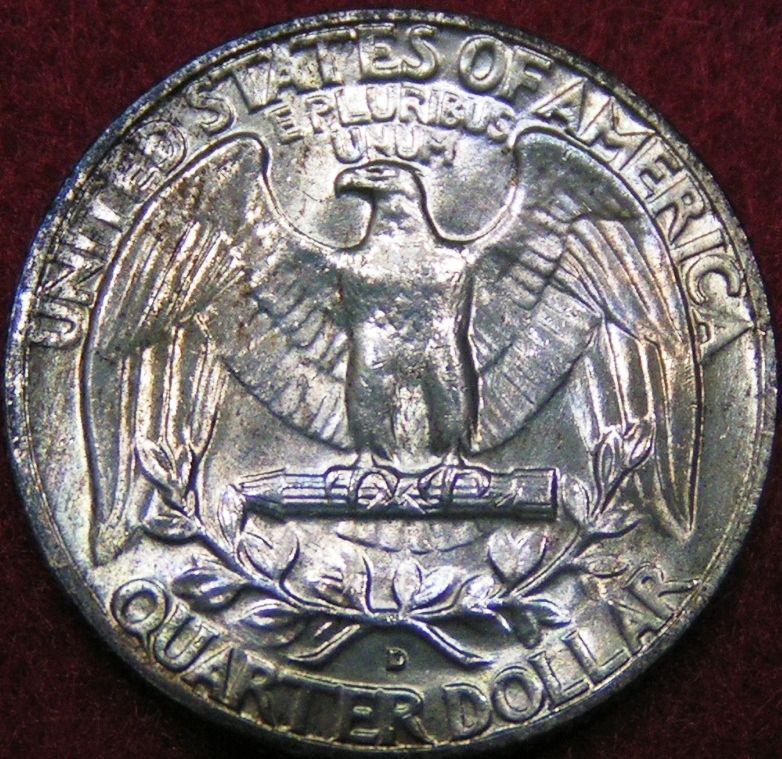
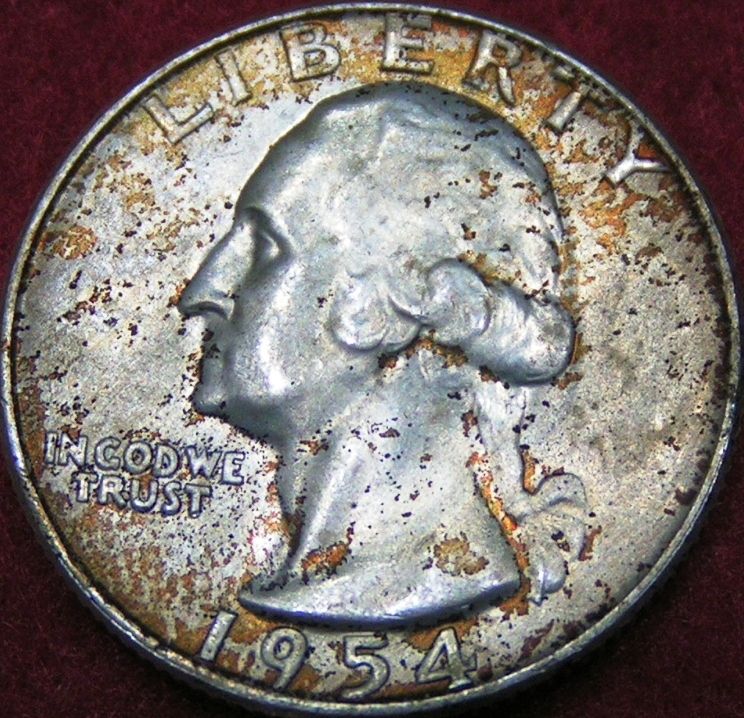
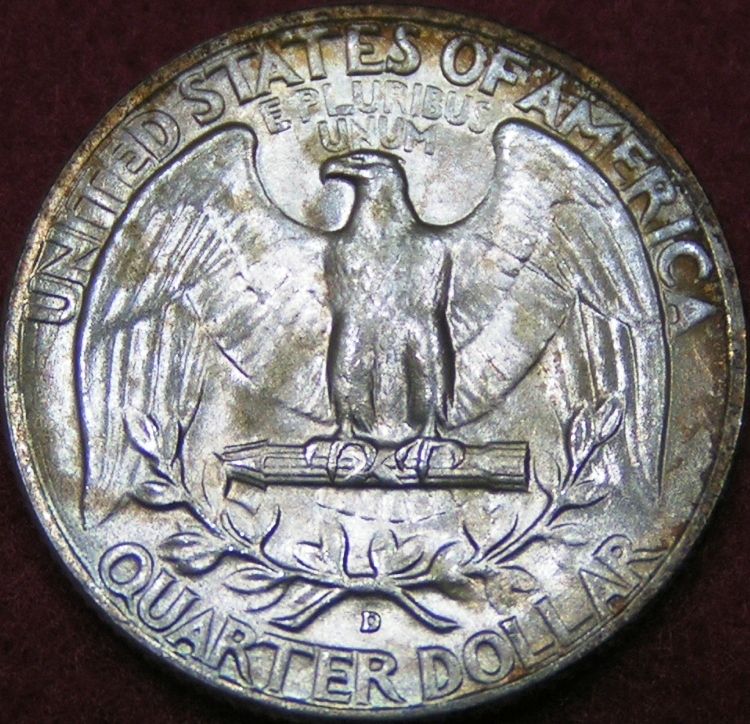
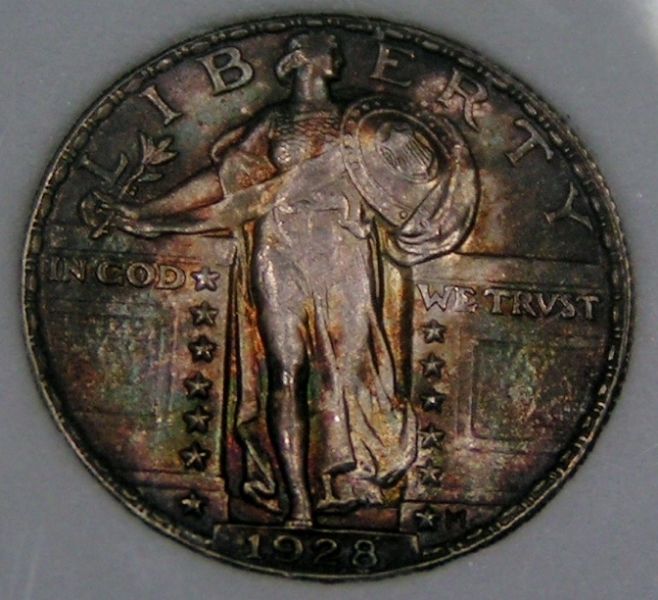
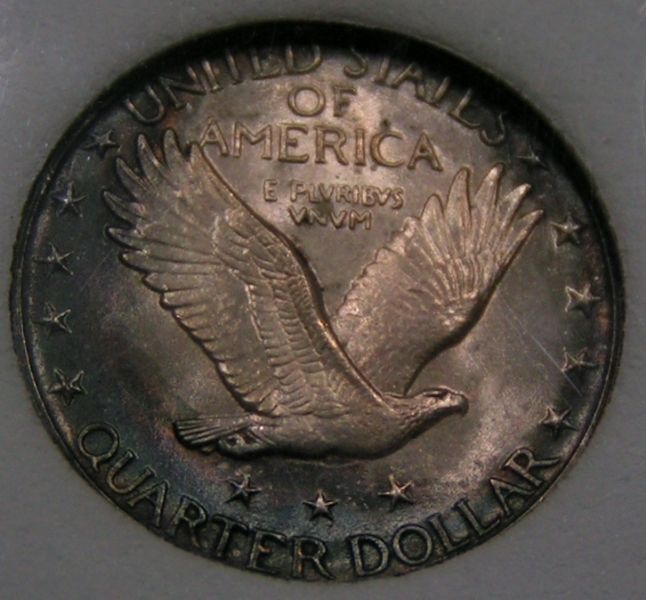
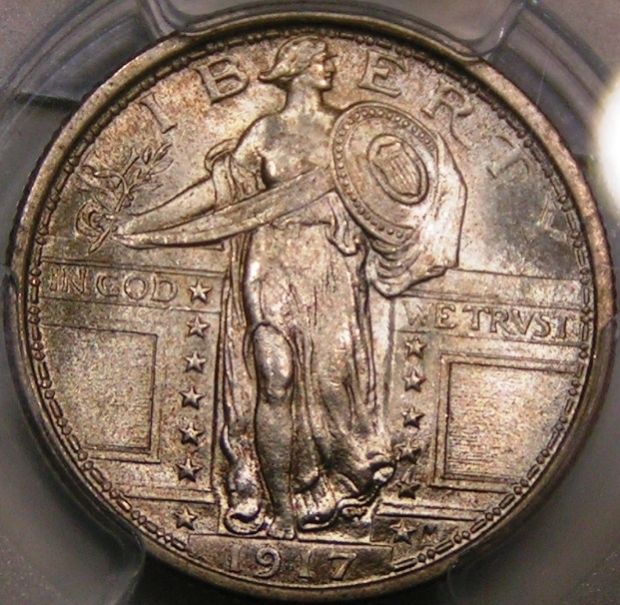
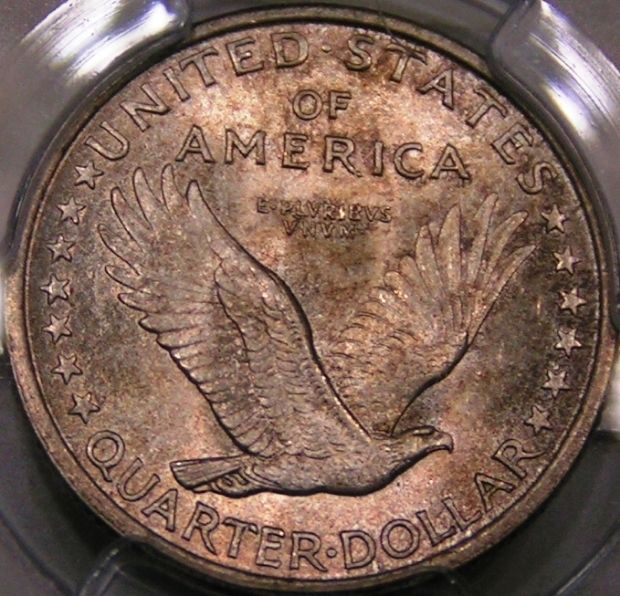
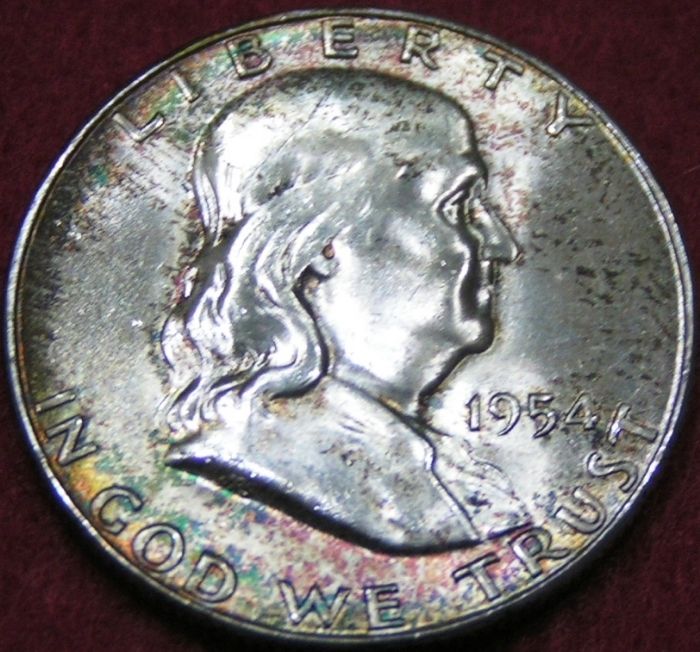
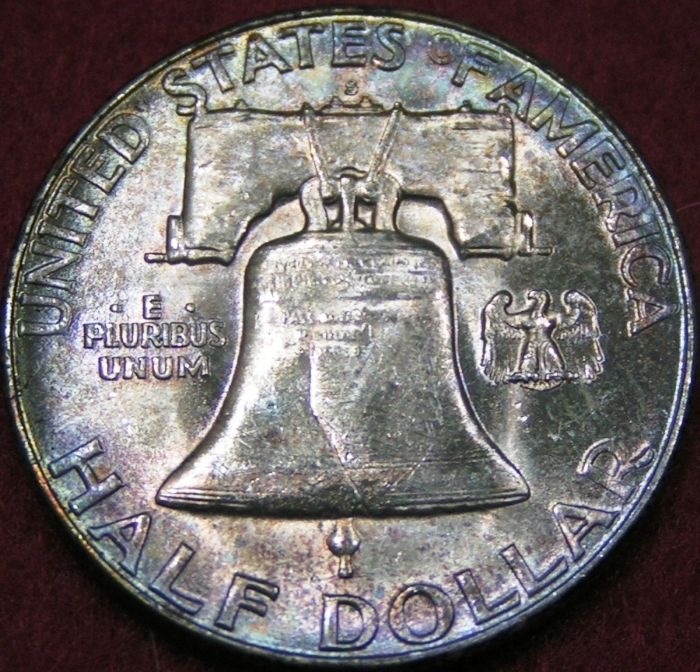
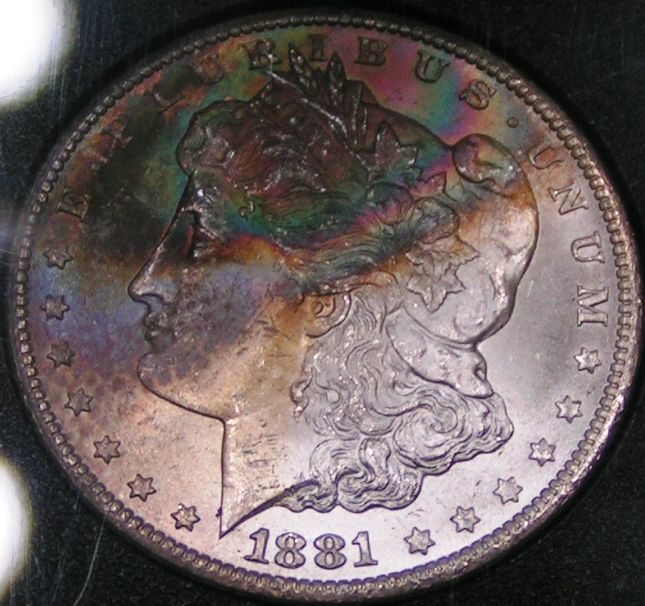
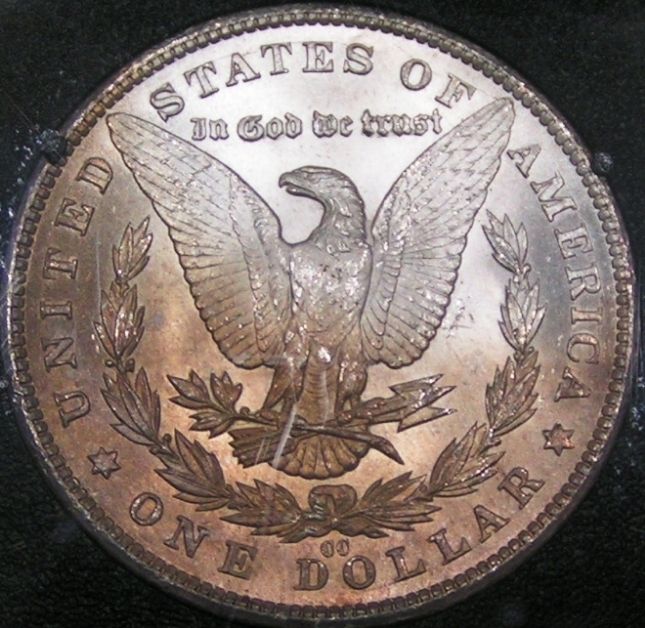
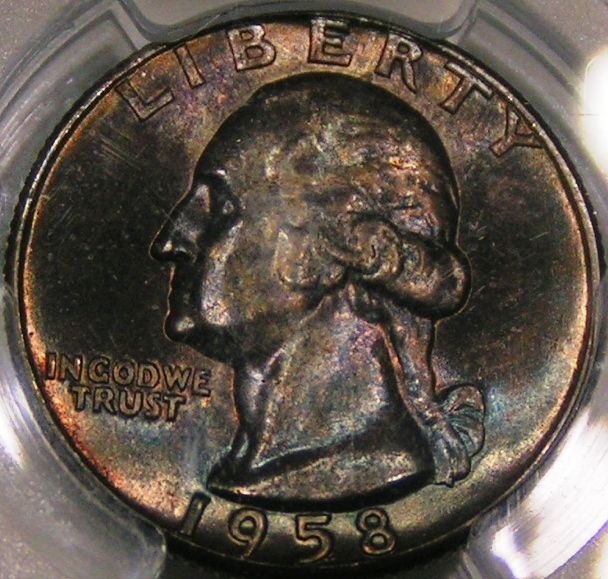
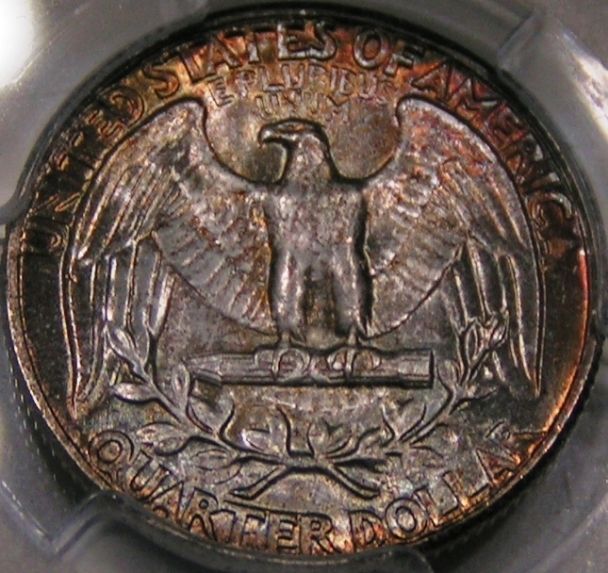
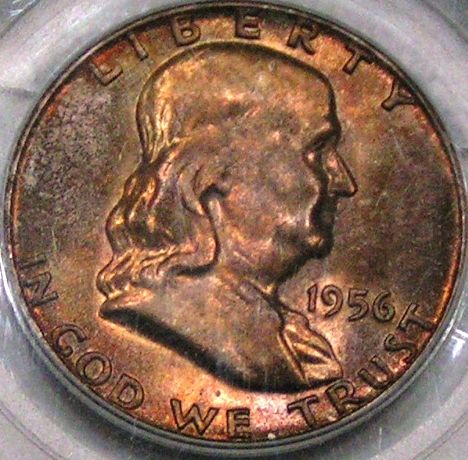
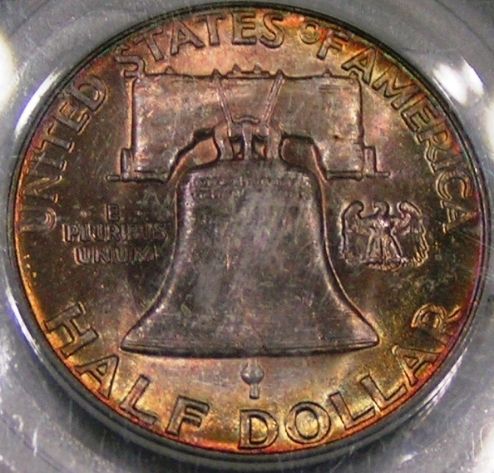
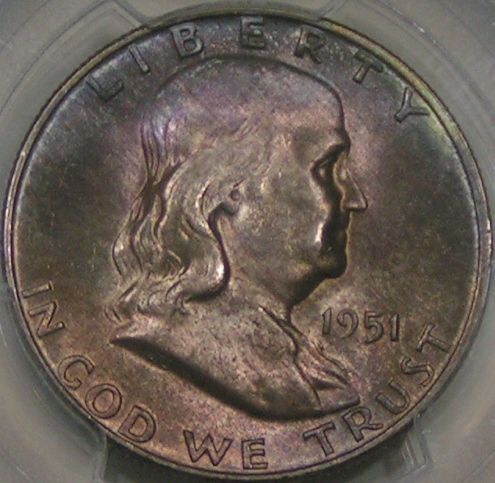
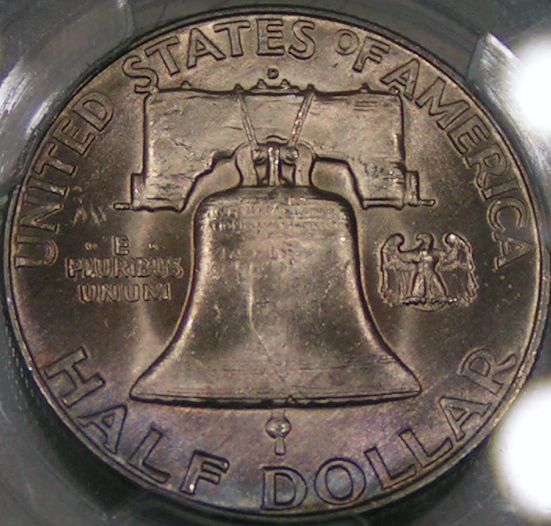
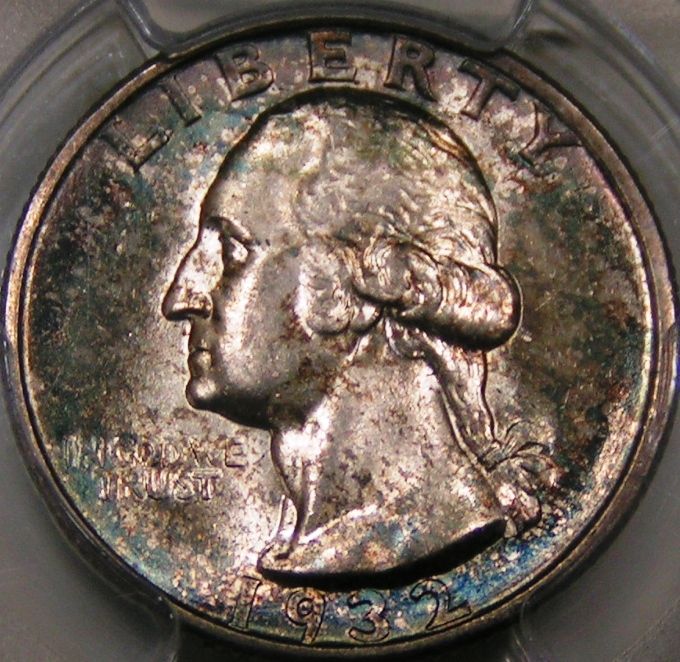
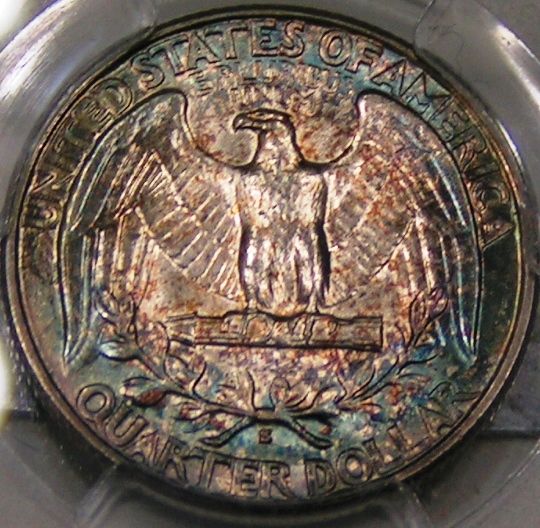
"Just Having Fun" MS68 PCGS Slab!
in US, World, and Ancient Coins
Posted
"Likely have never seen high end coins if you live in the auction world."
There are no high end coins in the auction world? You certainly have some interesting views.